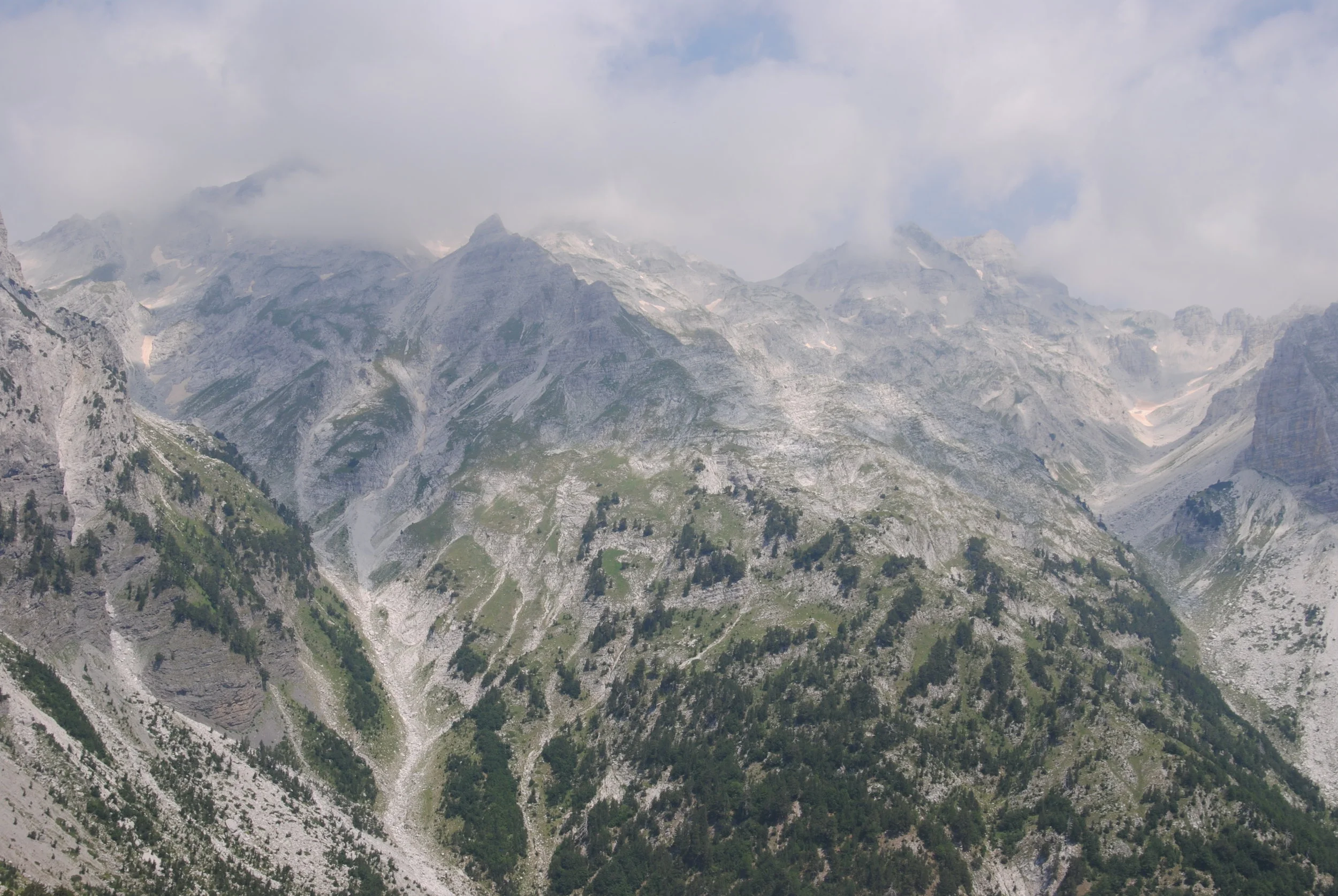The power of a career break is often overlooked. But career breaks have influenced people in dramatic ways. People have taken the experience and gone on to create, to do, to write, and to view things with invaluable perspective.
Take one of the most widely cited career breaks: Steve Jobs’ time in India. He didn’t sign up for his career break- he was forced into it. But his time spent in India helped prepare him to eventually return as CEO at Apple.
A break can be about healing. When Teddy Roosevelt’ mother and his wife died suddenly, he escaped to the wilderness of the American West and operated a cattle ranch before returning to the politics and the east. He cites his later success to the healing power of his time out west- "I have always said I would not have been President had it not been for my experience in North Dakota."
Immersing yourself in the wilderness is a healing experience. Cheryl Strayed documented her time hiking the PCT in Wild, her best-selling memoir about the experience.
A sabbatical can be about simply indulging: in food, in self-awareness, and in yourself as Elizabeth Gilbert documented her personal sabbatical experience in her book, Eat, Pray, Love.
For many people, when they return from a sabbatical, they come stronger, ready to embrace the challenges at work.
The world’s most famous basketball player of all time cemented his legacy after his sabbatical experience. Though for most professional athletes (unless their super stars), a sabbatical doesn’t make sense in their short-lived careers. A-Rod discovered firsthand the benefits of time-off.
From tragedy, failure, and even desperation, people discover new strengths, patience, and ideas in unfamiliar territory.
